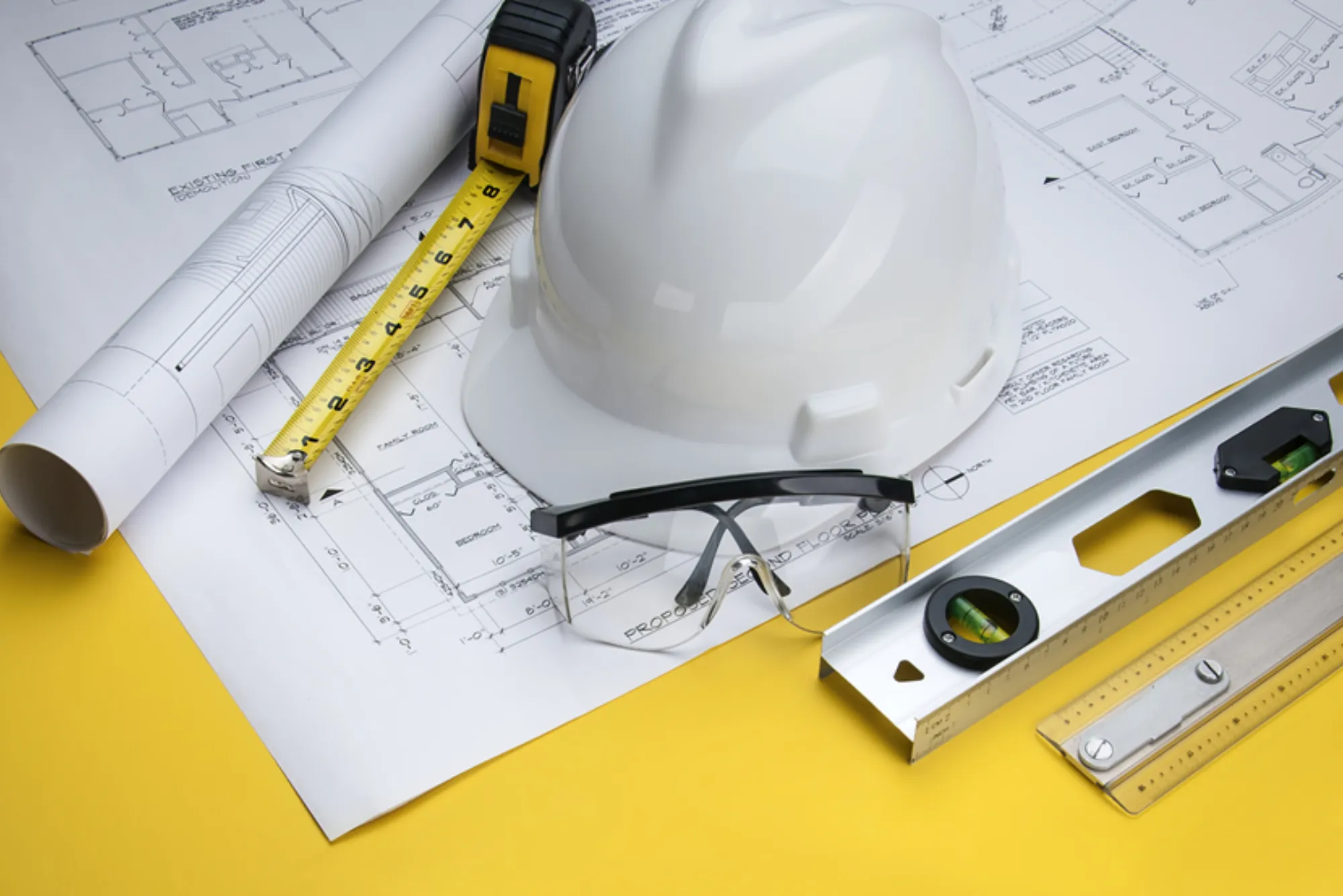The construction industry continues to evolve at a rapid pace. In 2025, we can expect the industry to push boundaries, incorporating new technologies, methods, and strategies that promise to reshape how construction projects are managed. Here are the top trends shaping the future of construction management, helping businesses and professionals stay ahead of the curve.
1. Embracing Digital Twins
One of the most exciting trends in construction management is the rise of digital twin technology. Digital twins are virtual replicas of physical structures, allowing managers to simulate, monitor, and optimize projects in real-time. This technology will revolutionize project planning, helping teams to foresee potential issues and mitigate risks long before they become problems on-site.
For construction management, this means better decision-making and more streamlined processes. Digital twins allow data to be collected from actual construction processes and synced with the virtual model, improving the accuracy of the project timeline and budget.
2. Increased Use of Artificial Intelligence
Artificial intelligence (AI) continues to make waves across industries, and construction is no exception. In 2025, AI will play a key role in analyzing large datasets from construction sites. This analysis can offer insights into patterns, productivity, safety risks, and even equipment usage, allowing managers to make data-driven decisions.
By integrating AI into construction management tools, teams will be able to predict delays, forecast material requirements, and allocate resources more efficiently. This will result in cost reductions and smoother project execution.
3. Sustainability in Project Planning
Sustainability has become an essential component of modern construction. In 2025, we’ll see an even greater focus on sustainable construction management practices. This involves not only selecting eco-friendly materials but also adopting construction methods that reduce waste, energy consumption, and environmental impact.
Green building certifications and standards are expected to become more stringent. Construction managers will need to ensure that projects meet these guidelines from the planning phase through to completion. Sustainable practices also extend to water conservation, energy efficiency, and waste management systems integrated into new projects.
4. Advanced Prefabrication Techniques
Prefabrication has been a growing trend in construction for years, but it’s expected to take off in 2025. With advanced technology, the prefabrication process has become more efficient and customizable. Construction managers can expect quicker project timelines, reduced on-site labor, and fewer material waste issues.
In the future, we will see more advanced techniques that allow even large-scale structures to be prefabricated. This will lead to shorter construction periods, cost savings, and less reliance on unpredictable weather conditions that can affect traditional construction methods.
5. Collaborative Project Management Platforms
As projects become more complex, communication and collaboration are more important than ever. New project management platforms designed specifically for the construction industry are emerging, enabling teams to collaborate in real time, share updates, and stay aligned on project goals.
These platforms integrate all aspects of construction management, from design to completion, making it easier for teams to track progress, manage costs, and avoid errors. The collaborative nature of these platforms allows all stakeholders, including architects, engineers, contractors, and owners, to work from the same set of data, improving overall project cohesion.
6. Building Information Modeling (BIM) Evolution
Building Information Modeling (BIM) has been a staple in construction management for years. However, 2025 will see BIM evolve into even more comprehensive systems. BIM enables construction managers to visualize entire projects in 3D and even simulate how materials will behave under different conditions.
The evolution of BIM will allow for better project collaboration, more precise planning, and improved risk management. As this technology integrates with AI and other advanced tools, construction managers will be able to plan and execute projects with greater precision and fewer disruptions.
7. Smart Wearables and Safety Innovations
Safety remains a top priority in construction management, and in 2025, we will see more smart wearables on construction sites. These devices, such as helmets with sensors and vests equipped with GPS, will help managers monitor the well-being of workers, track their location, and respond to emergencies quickly.
In addition to wearables, drones and robots will continue to enhance safety by performing high-risk tasks, such as inspections in hazardous areas. The integration of these technologies will allow construction managers to maintain a safer working environment and reduce the risk of accidents.
8. Data-Driven Decision Making
Data is becoming increasingly important in construction management. The vast amount of data collected on job sites can now be used to optimize various aspects of a project, from timelines to budgets to resource allocation.
In 2025, data-driven decision-making will become more commonplace, allowing construction managers to make informed choices based on real-time information. This will lead to more efficient workflows, less waste, and more accurate forecasting.
9. Modular Construction Gains Momentum
Modular construction is another trend that will dominate the construction management landscape in 2025. Modular buildings are constructed off-site in factory-like settings and then transported to the project site for assembly. This method reduces construction time significantly while improving quality control.
For construction managers, modular construction means faster delivery times, reduced site disruptions, and greater control over the project timeline. It also allows for more sustainable practices, as factory settings tend to generate less waste and use fewer resources than traditional on-site methods.
10. Blockchain for Transparent Contracts
Blockchain technology has already started making its way into the construction industry, and by 2025, it will play a key role in contract management. Blockchain provides a decentralized and secure platform for recording contracts, payments, and project milestones.
For construction managers, this technology offers transparency and trust, as all stakeholders can access the same immutable records. This reduces disputes and ensures that payments and contracts are executed as agreed upon, fostering smoother business relationships.
11. Rise of Autonomous Machinery
The use of autonomous machinery, such as self-driving construction vehicles and robots, is set to increase in 2025. These machines can operate with little or no human intervention, performing repetitive or dangerous tasks with precision.
Autonomous machinery will allow construction managers to complete projects faster while reducing the risk of human error. As a result, project timelines will shrink, and productivity will increase, benefiting the entire construction process.
12. Focus on Employee Well-being
The well-being of construction workers is increasingly becoming a focus area in construction management. Managers are recognizing the importance of mental health, work-life balance, and providing a positive working environment. In 2025, we can expect to see more initiatives aimed at improving worker well-being, from better training programs to on-site wellness resources.
This shift will improve productivity and worker retention, helping construction companies maintain a skilled and motivated workforce.
Conclusion
The future of construction management is exciting, with 2025 promising a range of innovations that will streamline processes, improve efficiency, and enhance project outcomes. From digital twins and AI integration to modular construction and sustainability, the construction industry is evolving rapidly. Construction managers who stay on top of these trends will not only ensure the success of their projects but also position their companies as leaders in the industry.
As the landscape changes, Capital Associated Building Contracting remains at the forefront of these innovations, providing cutting-edge construction management solutions personalized to the needs of our clients. Whether you are planning a large-scale commercial project or a bespoke residential development, we are here to help you navigate the future of construction.
Contact them today via https://capitalassociated.com/ to learn how they can assist with your next project and bring your vision to life with precision and expertise.












